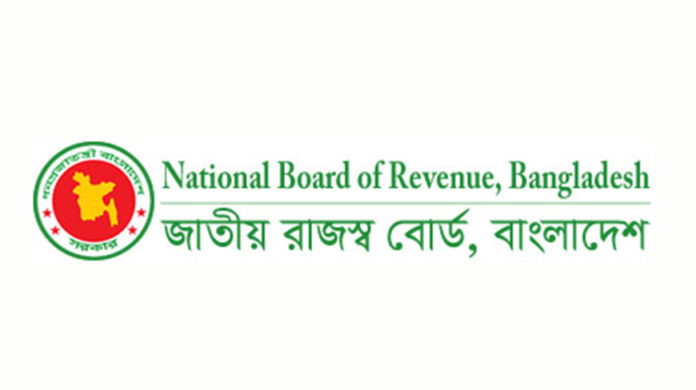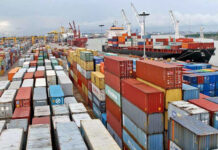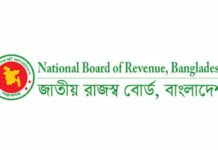In July-March, the first nine months of the current 2021-22 fiscal year, the country’s import expenditure increased by about 47% compared to the previous year. The importers have to spend more as the prices of products have been rising in the international market for several months. In addition, the rise in the exchange rate of the US dollar against the Bangladeshi taka has also increased the cost for importers. Because dollars are used in importing goods. As a result, the cost of importing goods is now much higher than it used to be. The customs department is getting the benefit of this because their earnings have increased.
According to the latest figures from the National Board of Revenue (NBR), the import duty has increased by more than 20% in the first nine months of the current fiscal year. Although the volume of imports of goods and services has not increased much, additional revenue has been collected due to the increase in tariff prices. The tariff price is the price at which the importer imports the goods. The tariff price is fixed by the customs officials after checking and sorting. An example of this can be given. Suppose, last January, the price of a product in Bangladeshi currency was Tk 100. This is the tariff price of the product. On the other hand, the importer has to pay Tk 20 as a duty. In May, the price of the product was Tk 120. This time this becomes the tariff price of that product. Then the importer has to pay Tk 24 as import duty. In this case, he will have to pay an additional tax of Tk 4. This 4 taka received in five months interval is the additional income of the customs department.
The prices of edible oil and fuel oil have risen sharply in the last few months in the world market. The price of fuel oil has risen to $139 a barrel due to the Russia-Ukraine war. The price of fuel oil is still above $100. On the other hand, the price of edible oil, which was 1,200 to 1,300 dollars a tonne a few months ago, is now above 1,900 dollars. Prices of capital equipment of various industries including garments, leather, other raw materials, and intermediate products have also gone up. The price of yarn, one of the raw materials for garments in the international market, is also quite high.
According to NBR sources, in the first nine months of the current financial year, a total of Tk 65 thousand and 73 crores has been collected, including import duty, value-added tax (VAT), and supplementary duty, which is Tk 11 thousand crores more than the same period last year. In other words, in those 9 months, the collection of import duty has increased by 20%. This has not been seen in the last decade. Due to the gradual reduction of duty at the import level due to the conditions of the World Trade Organization (WTO), the revenue of the customs department was lower than that of the VAT and income tax department. But this time, due to the international market situation, the opposite picture was seen.
An analysis of the revenue collection during July-March of the current fiscal year shows that in the first nine months, the import duty was higher than that of the income tax department, which has not been seen in the last few years. In 9 months 63 thousand and 658 crores have been collected as income tax. This is Tk 8,000 crores more than last year. Income tax has increased by 14%. On the other hand, the VAT department has collected the highest amount of revenue in 9 months. The revenue of the VAT department is Tk 75 thousand and 276 crores. The growth in this sector has been 9.94%.
In the current fiscal year, the National Board of Revenue (NBR) will have to collect a total of Tk 3 lacs and 30 thousand crores in customs and taxes.




